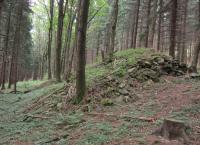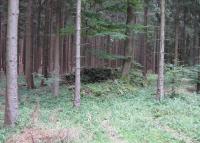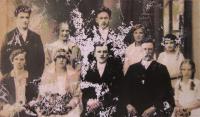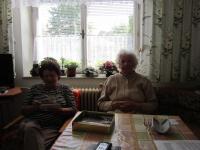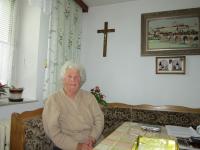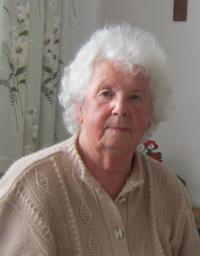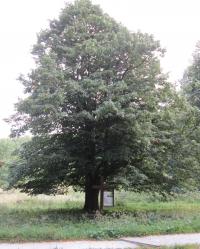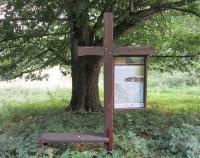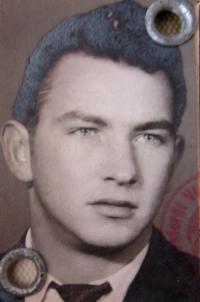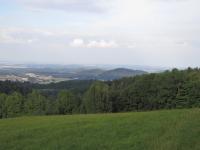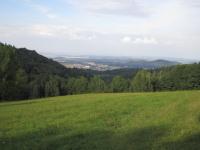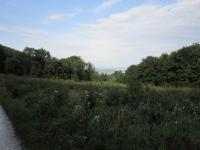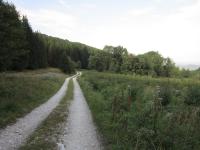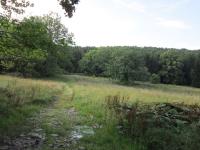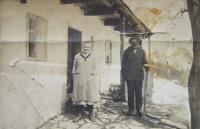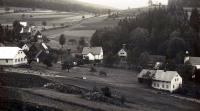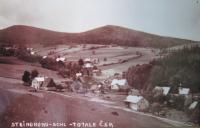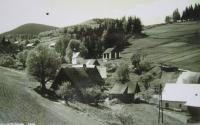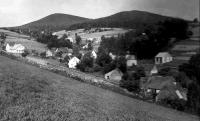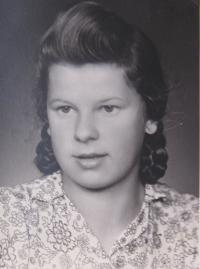Daddy used to say that he wanted to die at home
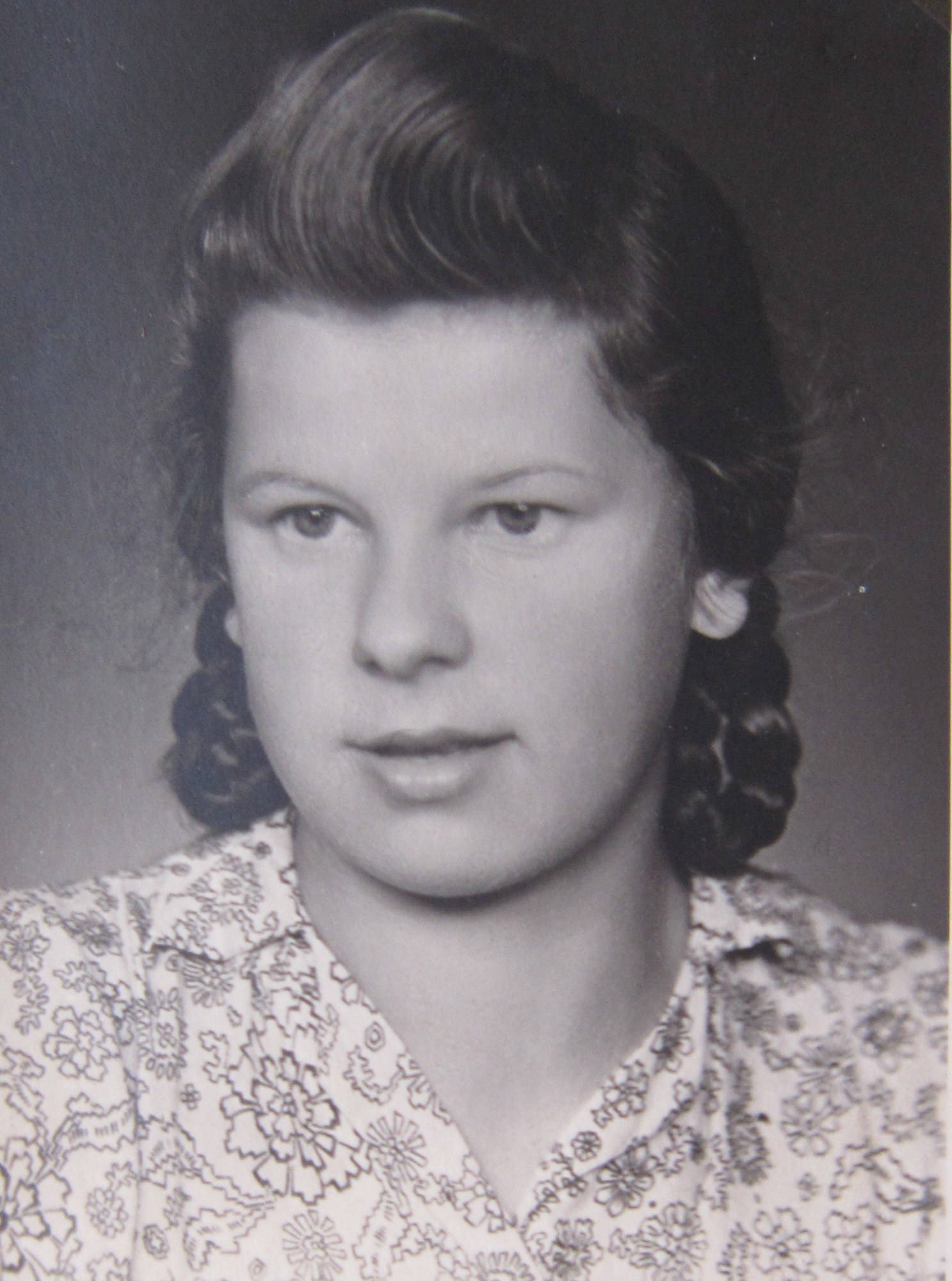
Download image
Ingeborg Bahrová, née Menzelová, was born in 1933 in the small village of Kamenné (Steingrund in German) in the Rychlebské Mountains. Just like the vast majority of the population in the village and the surrounding area she and her parents were German nationals. Her brother Helmut had to join the wehrmacht during WWII and he has never returned home from the army. When the war ended, he did not know the family’s location, and he remained in the Soviet sector of Germany, from where he was no longer allowed to return to Czechoslovakia. Ingeborg’s grandparents were included in the postwar forced expulsion of the German population from Czechoslovakia, but her parents were needed as forest workers and they stayed in Czechoslovakia. In 1947, Czechoslovak authorities relocated the whole family as part of the resettlement process of the remaining German nationals. They were sent to the interior to work in agriculture in the Jindřichův Hradec region, where the family lived for several years. They were allowed to return to the Jeseníky Mountains region only after 1955 when they were granted Czechoslovak citizenship. Their native village Kamenné was torn down in 1961 by army engineers corps and at present, only stone mounds, fruit trees, old linden trees and a large wooden cross remind of the village’s past existence. After their return to the Jeseníky region, Ingeborg married German Emil Bahr, whose family was likewise not included in the deportations. A year after their wedding, Emil Bahr died in a traffic accident and Ingeborg and her half-year old son moved to the parish house in Vápenná, where priest Viktor Boczek and his helper were assisting her with taking care of the baby. Ingeborg Bahrová’s only son died of cancer when he was eighteen years old. She died on February 27, 2023.
